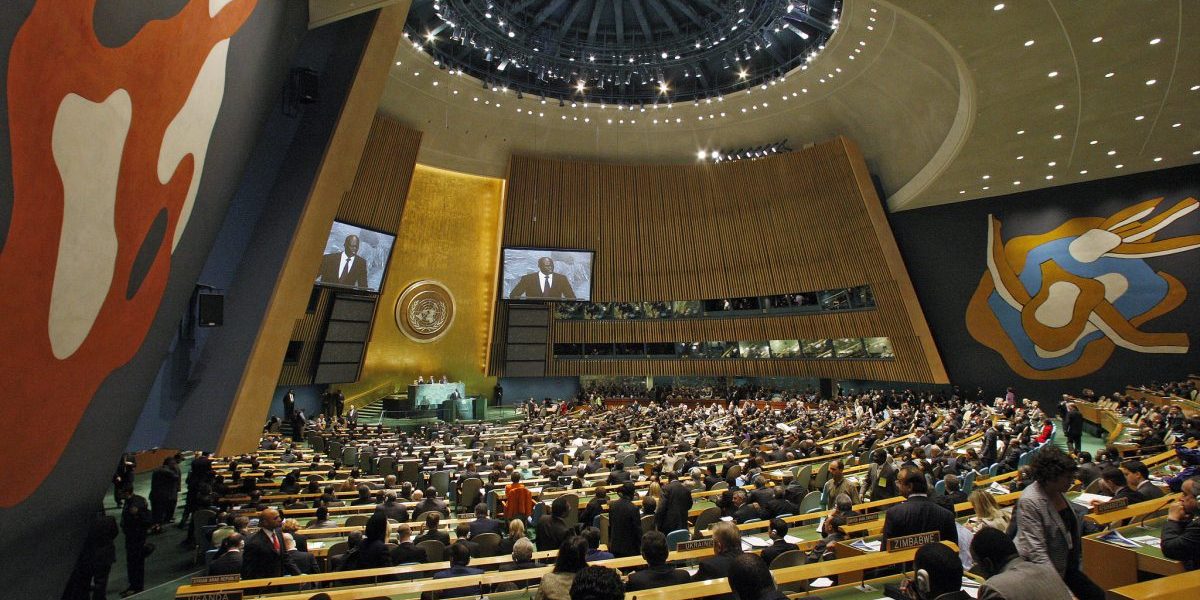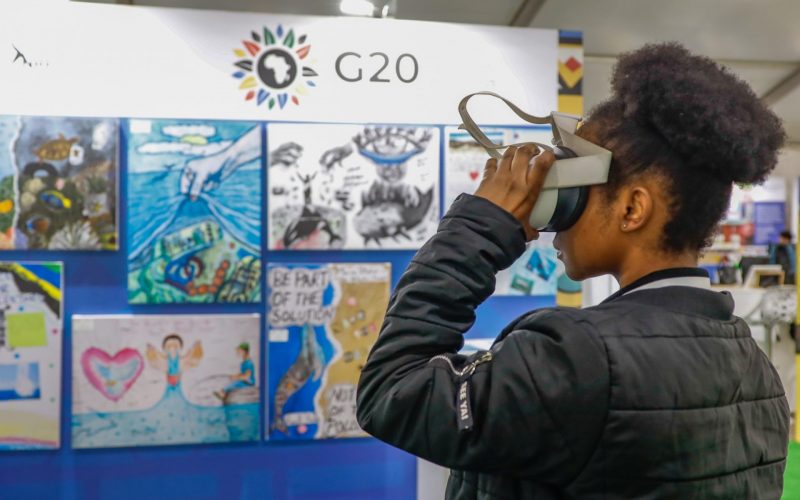One reason for this is that trade and competitiveness concerns are now moving to centre stage, raising troubling issues that cannot be fudged.
The central concern is “carbon-leakage”. Essentially, developed countries worry that as they implement carbon-reduction measures with teeth, thereby penalising their companies, so those companies will relocate production to developing countries that have not taken on substantial mitigation obligations.
Further , those developing countries generally have less punitive environmental laws, and so it is possible to transfer older, more polluting technologies to them. The net result could be job losses in developed countries while carbon emissions are either not reduced or potentially increased, and the planet “cooks” anyway.
These concerns lead logically to potential trade policy remedies. Three such remedies are under discussion in various forums.
First, in the US Senate so-called “border carbon adjustments” are being proposed. These would impose a tax on imports in “trade-exposed industries”, notably metals processing, from countries that have not adopted a substantial mitigation target.
If the US Congress is to adopt a serious domestic climate change package it will almost certainly include border carbon adjustments in some form. Border carbon adjustments have also been floated by the French and German leaders presidents, and are informally under discussion in the European Union (EU). Needless to say, they are strongly opposed by China, India and other big developing countries that are likely to be targeted.
Second, “production process methods” have long been part of the debate over trade and environment linkages. Production process methods have a broader applicability than the carbon mitigation discussion but are nonetheless relevant.
They have found their way into various standards regimes, for example the private standards established by primarily developed country retailers, and the EU’s voluntary partnership agreements in the forestry sector. They have also found expression in the so-called “air miles” issue; indeed the entire transport system is a major carbon emitter and therefore those countries or regions that depend heavily on it for their commerce are exposed to some risk. Similarly, countries that rely heavily on fossil fuel energy production are exposed.
Third, in the Doha round of World Trade Organisation negotiations, member states continue to haggle over liberalisation of environmental goods and services. The core disagreement is over the extent to which major emerging economies will liberalise environmental goods and services imports; some consider that it might be better to protect certain niches within this sector in order to build their own industrial capacities. This connects to a broader debate in the climate change negotiations, over the terms under which developing countries can access advanced clean energy technologies and how such access will be financed.
Unfortunately the climate change talks fundamentally concern a process of burden sharing, or parcelling out the pain of mitigating carbon emissions. Therefore, what may make sense from an environment policy standpoint can make for bad trade policy, and where this is the case could fuel the rising problem of protectionism.
Thus emerging market countries, particularly those that face a major mitigation challenge, could find themselves caught between the proverbial rock and hard place – if they take the knife to carbon emissions, economic growth and social peace may be compromised; if they keep the knife in its sheath, exports and trade more generally may be compromised.
These dynamics are particularly applicable to SA and through it to southern Africa. SA’s economy is based on resource production and to some extent beneficiation, in turn dependent on cheap energy. This means that “trade exposed industries” are substantially represented in our export basket, which makes us a potential target of border carbon adjustments.
Further , SA is a major carbon emitter owing to our coal endowment. Given our energy needs and consequent coal-fired power station build programme the mitigation problem will get worse before it gets better.
Unfortunately, investment in renewable energies is constrained by the domestic market structure, specifically the fact that Eskom is simultaneously the monopoly supplier and buyer of energy, while the likely deterioration of its balance sheet as its build programme gets under way significantly constrains the extent to which it is willing to subsidise renewable energy producers through the newly minted feed-in-tariff.
These two mutually reinforcing dynamics mean that border carbon adjustments and production process methods may become attractive to some of our developed country trading partners.
This could be minimised if we adopted a relatively liberal stance regarding the environmental goods and services negotiations, particularly one favourable to importing the appropriate technologies at the best possible price whilst removing domestic market distortions in the way of rolling them out. Such an approach would ensure we are exposed to the latest possible technologies and, with appropriately targeted government support to research and development in this sector, some market niches could be established for exploitation in African and other emerging market settings.
For southern Africa the sector of most concern is agriculture, where most of the rural poor make their living. “Climate protectionism” may manifest in new or stringent product standards and labelling for valuable exports such as fruits and vegetables.
Since the region already relies heavily on rain-fed agriculture, which in turn is exposed to potentially unprecedented changes in climate, if this is not sensitively handled attainment of the Millennium Development Goals may be further frustrated.
Mitigation of carbon emissions in the transportation sector is not just good for climate protection; it also protects the population from air and noise pollution. But such measures are an additional source of concern for the region. To the extent they are implemented they would presumably affect all countries, but the effects could be sharpest in the developing world.
Aviation measures, for example, could penalise the tourism trade, which is a significant revenue source for many countries in southern Africa. Further , road transportation is crucial to cross-border trade in the region, so any measures in this sector would have to be closely watched.
Overall, while we all hope for a successful outcome to the Copenhagen negotiations and the climate talks more generally, the implications for the trading system and for southern Africa’s trade in particular require careful consideration. We need to be especially vigilant that policies designed to promote the global public good do not end up unfairly penalising our development.








